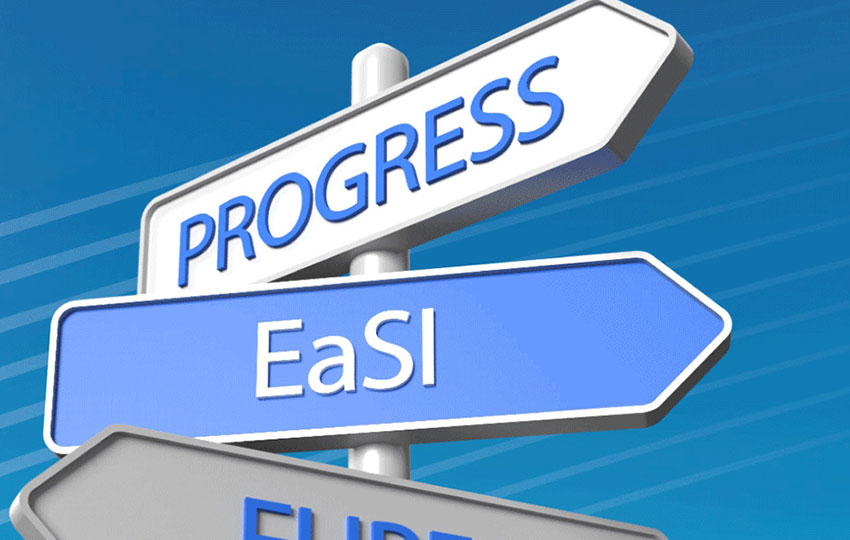What is it about?
The European Programme for Employment and Social Innovation (EaSI) 2014-2020 is a European-level financing instrument managed directly by the European Commission to contribute to the implementation of the Europe 2020 strategy, by providing financial support for the Union’s objectives in terms of promoting a high level of quality and sustainable employment, guaranteeing adequate and decent social protection, combating social exclusion and poverty and improving working conditions.
Objectives
The overall objective of this EaSI – PROGRESS Axis Call is to support Member States in their implementation of the Council Recommendation “Upskilling Pathways: New Opportunities for Adults” (December 2016). The specific objective of the Call is to support the deployment by national and/or regional authorities, as an integral element in their implementation of the Recommendation on Upskilling Pathways, of the provision of individual skills assessments (including literacy, numeracy and digital skills) for low-skilled / low-qualified adults (and in particular for priority groups identified by countries in the framework of the Recommendation, where relevant).
Proposals must be centred around one of the two or a combination of the two elements below:
- Tools for assessing the skills (including, literacy and/or numeracy and/or digital skills) of low-skilled/low qualified adults or priority targets groups as defined by the countries, where relevant, and/or;
- Arrangements for providing such assessments to low-skilled / low qualified adults or priority targets groups as defined by the countries, where relevant.
Proposals must include one or more of the following activities:
- Enlarging the scale or scope of existing assessment tools and arrangements for low-skilled / low-qualified adults that are considered to be effective (eg enlarging the scope of an existing assessment arrangement to cover a different target group); or
- Adapting to the needs of low-skilled adults existing assessment tools and arrangements that are considered to be effective (eg adapting an assessment so that it assesses basic literacy, numeracy or digital skills); or
- Developing new assessment tools and arrangements for low-skilled adults15 and/or testing them on a scale that allows conclusions to be drawn about their effectiveness.
Expected Impact:
This Call complements the support for low-skilled adults that is provided through the European Social Fund and Erasmus+, by assisting each focus participating country to develop coherent strategies for raising the levels of skills and qualifications for adults who lack an upper secondary education or with low proficiency in basic skills. This Call should also complement related activities (ongoing or future) taking place at national, regional or local levels.
Submission deadline: 13 July 2018, 24:00 Brussels’ time (CET)
Budget:
The total budget earmarked for the EU co-financing of projects under this call is estimated at €1.5 million. The EU grant requested should indicatively be between €250,000 and €500,000. The Commission expects to fund between three and six proposals.
The EU grant may not exceed 80% of the total eligible costs of the action. Applicants must guarantee their co-financing of the remaining amount covered by the applicants’ own resources or from other sources other than the European Union budget.
Eligibility of the applicants:
Legal entities properly established and registered in the following countries are eligible as applicant (or as lead applicant and co-applicant in the case of a consortium):
- EU Member States.
- Iceland and Norway in accordance with the EEA Agreement.
- Albania, the Former Yugoslav Republic of Macedonia, Montenegro, Serbia and Turkey.
To be eligible, the mono-applicant or lead applicant in case of consortium must be a public entity in charge of national or regional policies and actions for upskilling/re-skilling adults. Any co-applicants must be public or private entities (profit or non-profit making) involved in the organisation and/or financing and/or provision of services to adults such as skills assessment, validation of competences, education and training, orientation and guidance.

